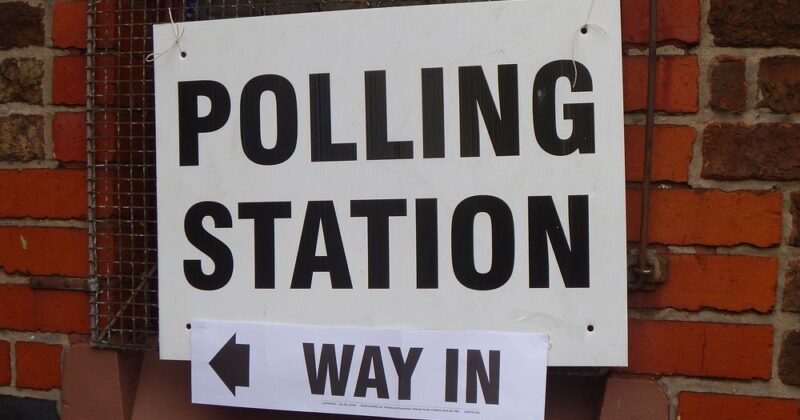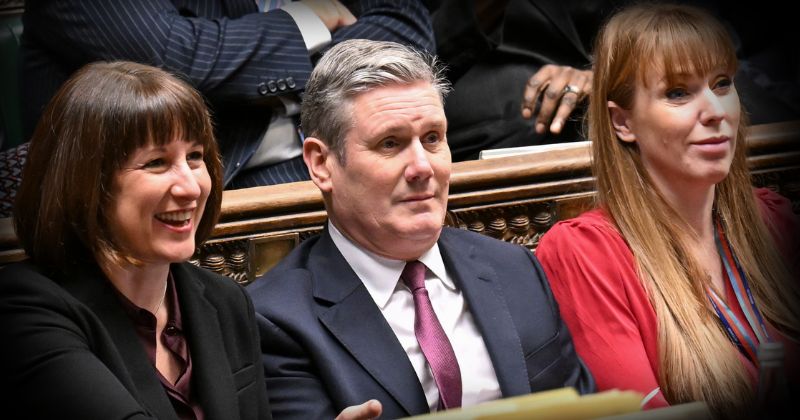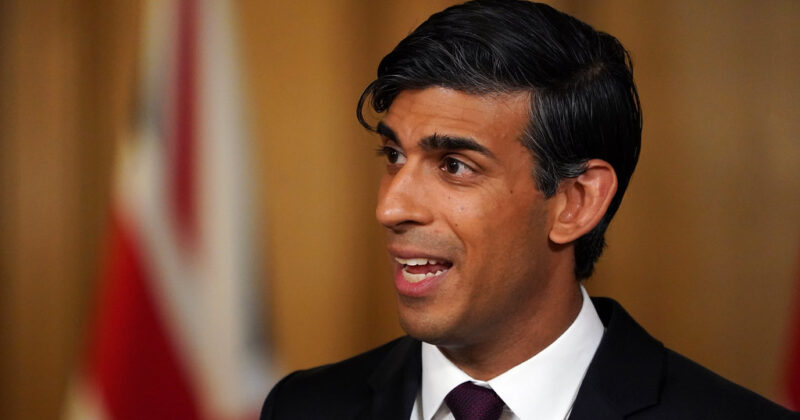Say Yes to a General Strike on #Oct20!
 The Trades Union Congress has agreed to consider the practicality of a general strike in response to the government’s austerity programme. Their first step should be to ask their 6 million members what they think. Are they willing to take action in defence of jobs, wages, pensions, health and education? The entire left should be agitating for a resounding and overwhelming YES to a general strike.
The Trades Union Congress has agreed to consider the practicality of a general strike in response to the government’s austerity programme. Their first step should be to ask their 6 million members what they think. Are they willing to take action in defence of jobs, wages, pensions, health and education? The entire left should be agitating for a resounding and overwhelming YES to a general strike.
Frankly, there is no alternative. How else can we stop the Tories ripping up everything we have gained since 1945? We can protest, strike and occupy against each individual attack – we have no choice. But to push back the whole agenda of cuts and privatisation, we need to weave all the threads of struggle into a mighty rope strong enough to pull this government down.
In every workplace, in every school, college and university, on every housing estate, we must raise the demand for a general strike now.
If some people do not know what it means, tell them it means bringing the country to a grinding halt so the profits of the bankers and the bosses stop rolling in. It means halting their transport, communications, commerce, indeed the whole machinery of state, so that the total dependence of society on the working class becomes clear to all.
It means the working class will discover its own power and can say to the government: you will stop and reverse every one of these cuts or we will reverse them for you.
If others say a general strike won’t happen, we should tell them that Greek, Spanish, French and Portuguese workers have done it, so why not here?
If still more say it’s illegal, we should ask them where they’re going to hold six million or more people?
Sceptics may dismiss the TUC vote to consider a general strike, but the Tories fear workers would respond positively to any such call. That’s why they’ve alerted the armed forces and demanded the TUC withdraw their threat.
Our job is to demand the TUC get on with it, that they call a general strike as soon as possible. We are many, they are few – on 20 October and after we need to say – YES to a general strike!
New party
But the raising of the general strike slogan by the TUC poses as many questions as it does answers. We devote the centre four pages of this issue of Workers Power to dealing with some of them:
• How can we force the union leaders to call the strike? • How can rank and file workers stop our leaders selling it out? • And how do we counteract the inevitable intervention of the police and the courts?
The general strike also poses another, bigger question: the question of power. As Leon Trotsky pointed out:
“Whatever may be the slogans and the motive for which the general strike is initiated, if it includes the genuine masses, and if these masses are quite resolved to struggle, the general strike inevitably poses before all the classes in the nation the question: Who will be the master of the house?” (Once Again Whither France)
To this there can only be two answers: the tiny super-rich class of capitalists, bankers and multinational bosses; or the working class, the vast majority of the people, who need hospitals and homes, a living wage and a sustainable environment. Given the acute crisis of the profit system, these demands are incompatible; something – or someone – must give.
If we look across Europe, the country where the struggle has to date reached the greatest height, and where this question has most clearly been posed is Greece. Here there have been 18 general strikes since the crisis broke, but it was the intervention of a new party – intransigent in its opposition to all the cuts and in its insistence that the debt must be cancelled – that brought the crisis to a head.
Syriza came from nowhere, scoring 4.6 per cent in 2009, leaping to 16 per cent in May 2012 and nearly 27 per cent in the re-run a month later. They came within three points of winning, eclipsing the old “socialist” party Pasok in the process.
The reason working class voters flocked to Syriza was that it held out the prospect of ripping up the austerity programme and refusing to pay debt that ordinary people had not incurred. Isn’t it time we in Britain made ready our answer to the question, “Who is the master in the house?” If so, then we need a political party to struggle for power and rally the millions of workers behind it.
Who could form such a party? Every force opposed to the cuts. In practice that means both leaders and the rank and file:
• The Labour left around John McDonnell and the Labour Representation Committee • Left wing union leaders like Len McCluskey, Bob Crow and Mark Serwotka • Rank and file militants in every union and organisations like Unite Construction Rank and File and the Grass Roots Left • Direct action groups like Occupy, Disabled People Against the Cuts and UK Uncut
• Last but not least, it means the far left groups and networks
We know well enough there are many obstacles in the way of such a new party coming into being. It will not happen without a struggle. It requires an intense debate over policies and programme – including that old-new debate, reform or revolution?
But this debate can be serious and productive if it takes place in the context of unity in action on every front where we are under attack, and if we bring into the debate thousands of working class fighters thrown up by the struggle.
But again, what is the alternative? Even if a general strike were to oust the Coalition, today we could only replace it with a Labour government under Ed Miliband, one committed to keeping most of the Tory cuts and implementing further austerity measures. What we would need would be a genuine workers government – and for that we need a genuine workers’ party.
That is why, for Workers Power, the campaign for a general strike includes the demand on the entire left to organise a democratic conference to launch a new workers’ party.









